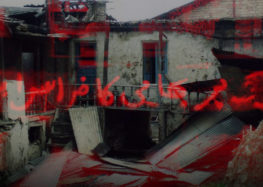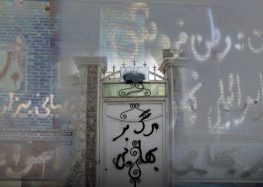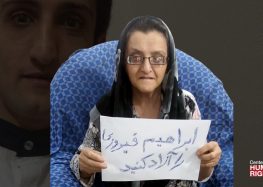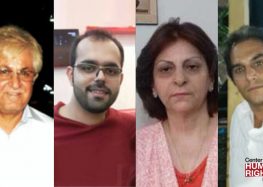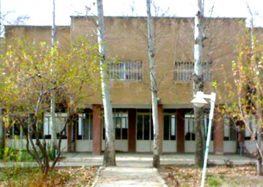More Baha’is Begin Serving Prison Sentences in Iran Simply for Their Beliefs
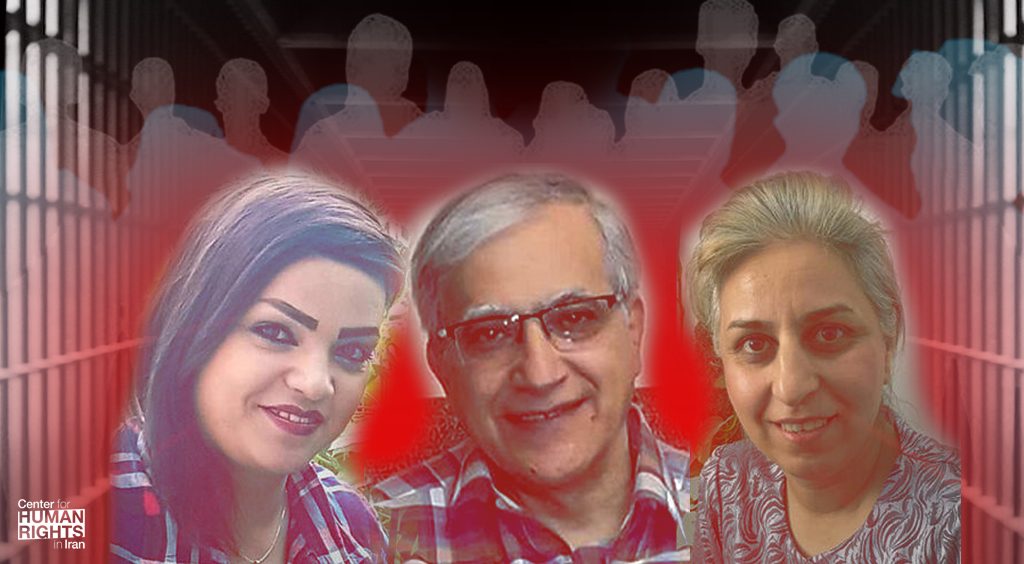 Farid Zirgi Moghaddam began serving his five-year sentence in the central prison in the city of Birjand, in South Khorasan province in eastern Iran, on October 19, 2020—a prison sentence that was based solely on his belief in the banned Baha’i faith, the Center for Human Rights in Iran (CHRI) has learned.
Farid Zirgi Moghaddam began serving his five-year sentence in the central prison in the city of Birjand, in South Khorasan province in eastern Iran, on October 19, 2020—a prison sentence that was based solely on his belief in the banned Baha’i faith, the Center for Human Rights in Iran (CHRI) has learned.
Initially, in July 2020, Moghaddam had been sentenced to six years in prison by Judge Jafar Eslamkhah of Branch 1 of the Revolutionary Court in Birjand: Five years for “membership in the outlawed Baha’i organization” and one year for “propaganda against the state.”
In late September, Branch 4 of the Appeals Court in South Khorasan Province struck down his conviction for “propaganda against the state” but upheld the five-year sentence for “membership in the outlawed Baha’i organization.”
Moghaddam is also awaiting the decision on his appeal against a one-year prison sentence for the charge of “insulting the sacred” issued in August 2020 by Branch 2 of the Criminal Court in Birjand, in connection with posts about the Baha’i faith on the Telegram messaging app.
“Farid is in charge of his family’s livelihood,” a source close to the Moghaddams told CHRI on October 19. “They are not in a good financial situation.”
The prosecution of the 25-year-old cobbler’s apprentice has taken place for his religious beliefs, including postings on Telegram channels – “Baha’i Call for Peace” and “Baha’i Ocean of Knowledge.” (The channels no longer exist.)
Baha’i Minority Subjected to Most Severe Religious Discrimination in Iran
While discrimination against all of Iran’s religious minorities is significant and widespread, the Baha’i religious community in Iran, which is believed to number some 300,000, is considered the most severely persecuted in the country, discriminated against in both law and practice.
In addition to exclusion from schools and employment, the shuttering of its businesses and the confiscation of Baha’i-owned land, leaders of the Baha’i community are routinely imprisoned for many years simply for openly practicing their faith and peacefully leading their communities.
Meanwhile two other Baha’is – Banafsheh Mokhtari and Arezou Mohammadi – also reported to the central prison in Birjand on October 12, 2020, to begin their sentences.
It followed the decision by the Appeals Court in South Khorasan Province to confirm sentences against eight Baha’is on September 7, 2020.
Prison Sentences for Eight Baha’is Recently Upheld
The court upheld 15-month prison sentences each against Banafsheh Mokhtrari, Nasrin Ghadiri and Farzaneh Deymi, as well as 18-month prison sentences each against Arezou Mohammadi, Ataollah Malaki, Roya Malaki, Atieh Salehi and Saeid Malaki for their belief in the Baha’i faith.
Nasrin Ghadiri, Farzaneh Deymi, Ataollah Malaki, Roya Malaki, Atieh Salehi and Saeid Malaki remain free as the judiciary considers their request for a delay in the enforcement of their sentences because of the high risk of catching the COVID-19 virus in Iran’s overcrowded and unhygienic prisons.
A resident of the city of Mashhad, 237 miles north of Birjand, with close ties to Baha’i families, told CHRI that increased pressure from Iran’s security establishment had made life even more difficult for the severely persecuted minority.
“[State-sponsored] hatred against Baha’is has intensified”
“In recent years, [state-sponsored] hatred against Baha’is has intensified and, unfortunately, the climate for Baha’is all over Iran has become very bad,” said the Mashhad resident on condition of anonymity.
The source added that Baha’is only want to go on with their lives but they are denied full rights as citizens and their belief in a different religion is treated as a national security threat by the Shia Muslim establishment. They are handed heavy sentences simply for practicing their religion.
“At a time when Iranians are going through increasingly difficult economic times, denying people the right to make a living because of their religious beliefs is a sign of blatant and systematic discrimination against this religious minority,” said the Mashhadi source.

